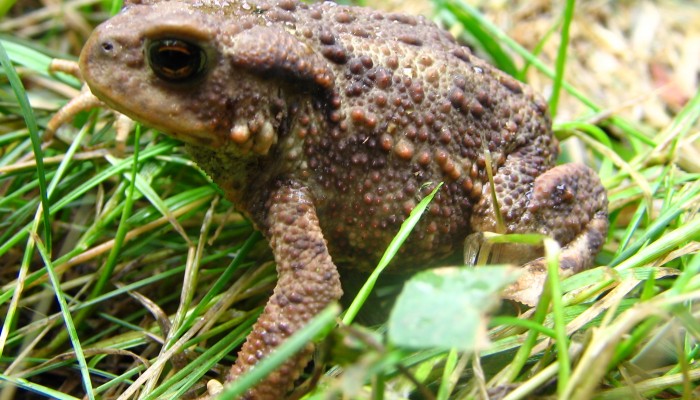Sounds like fun. Have a look at this interesting read and see how scientist are turning to citizens to help them with analysing large volumes of data. “A few days ago, I was an astrophysicist and contributed to a research project by organising sunspot images in order of complexity. After I’d had enough of that, I became a biochemist and worked late into the night on a project creating synthe ...[Read More]
Scientists and the social network
Nature just blew the bubble! Last month an article entitled Online collaboration: Scientists and the social network, by Richard Van Noorden, put focus on the role social media has on scholars. The article gives a detailed insight on the attitude of scientist towards social media by discussing the various existing platforms such as Google Scholar, ResearchGate, LinkedIn, Twitter, Facebook, and othe ...[Read More]
Upcoming EGU elections: Autumn 2014
The EGU Election Autumn 2014 for the Treasurer and Division Presidents will take place between 01 November – 01 December 2014. You are kindly asked to propose a candidate to any vacancy by 15 September 2014. You are welcome and encouraged to nominate yourself. If you are nominating someone else, please get the candidate’s consent. Please have the information listed in the application f ...[Read More]
Perhaps toads can do that
Probably every seismologist has been asked the question “Can you predict earthquakes?”, or “Is it true that animals can sense an imminent earthquake?”. Despite the crushing answers from some trying to explain that not all seismologist work on earthquake predictions and that there is far more other areas of specialisation, the truth is that researchers are still trying to an ...[Read More]

